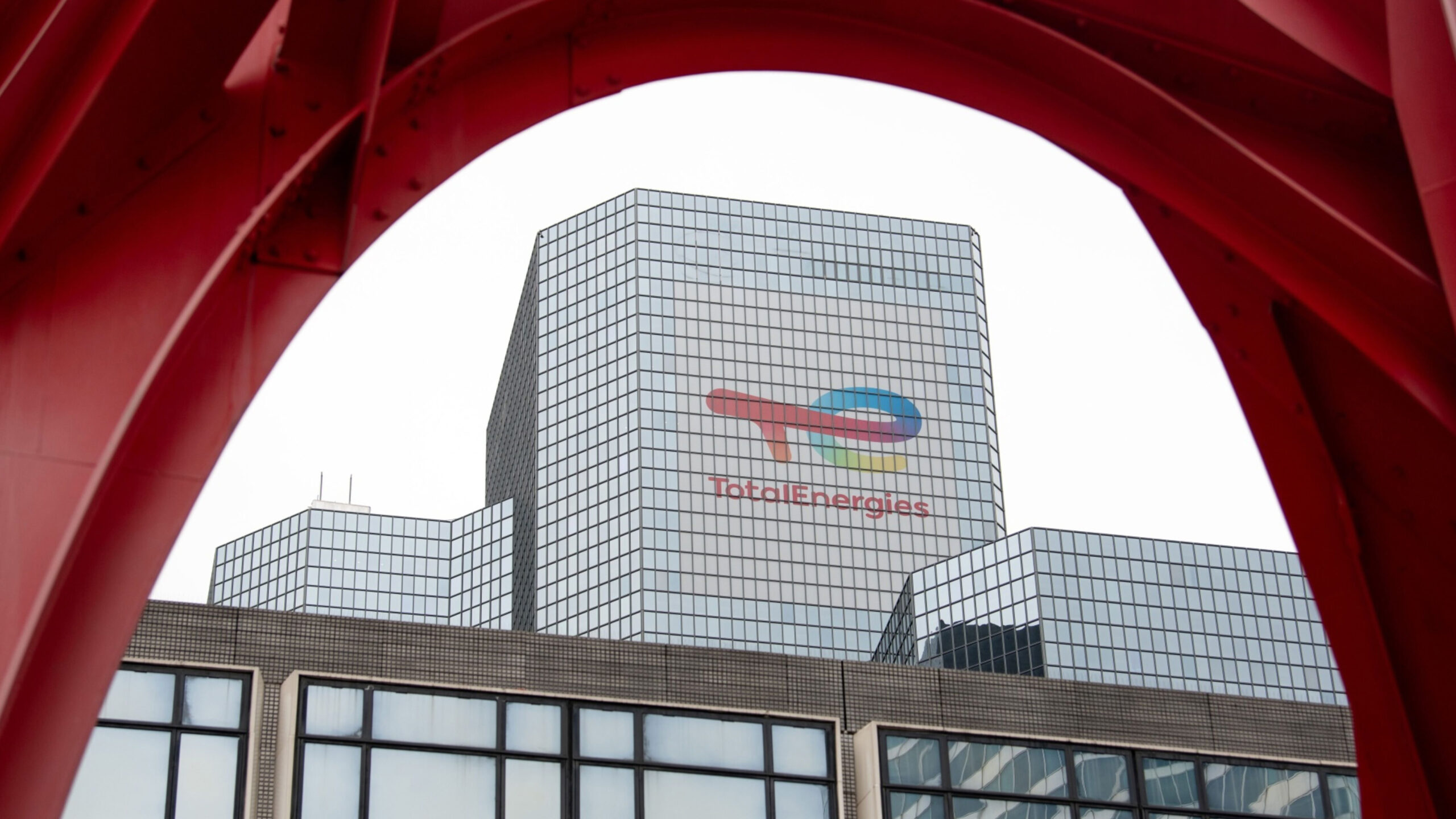
ClientEarth loses bid to appeal Shell director case

Latest dismissal signals UK courts are hesitant to rule on directors’ responsibility for ensuring companies have adequate transition plans
The UK Court of Appeal has rejected a request by non-profit ClientEarth to appeal its derivative claim against the 11 board directors of oil major Shell it had sued earlier this year.
In February, ClientEarth filed a claim against Shell’s board directors, alleging they breached their legal duties under the UK Companies Act by agreeing to an energy transition strategy that falls short of Paris-aligned targets.
The case was subsequently dismissed by the High Court of England and Wales, with ClientEarth being ordered to pay Shell’s legal costs.
The lawsuit was supported by a number of institutional minority investors holding approximately 12mn shares in the company. These included, among others, UK pension funds Nest Corporation and London CIV, Swedish national pension fund AP3, and Europe-based financial institutions Degroof Petercam and Danske Bank Asset Management.
So far, UK courts have backed Shell’s arguments, meaning the incentive for the oil major to change course seems small. However, Sustainable Views understands a majority of the supporting investors still backs ClientEarth’s case and are unsatisfied with Shell’s transition strategy.
The Court of Appeal will grant permission to appeal only if it considers that the appeal has a real prospect of succeeding, or if there is some other compelling reason to hear the appeal, noted James Brady-Banzet, partner in the London disputes team at Cleary Gottlieb Steen & Hamilton, who is not involved in the case.
When permission to appeal is refused on paper, there is a procedure to ask for reconsideration. The judge may decide to hold an oral hearing on whether the refusal of permission should be reconsidered, but it is very rare for this to be successfully overturned, Brady-Banzet said.
A ClientEarth spokesperson said: “The case unfortunately is now over”.
“From the start, this claim was a misuse of the court’s time and resources, and not an effective way to tackle climate change,” said a Shell spokesperson. “We believe our directors have always complied with their duties and acted in the company’s best interest.”
The lawsuit has largely been seen as a test case of how far director liabilities stretch when it comes to balancing climate risk.
Directors are required, among other things, to take into account the likely long-term consequences of their decisions, and that raises issues about how directors should balance generating financial value for shareholders against mitigating the environmental and climate impact of the company’s operations, Brady-Banzet noted.
To get more clarity on how directors should balance their responsibilities, he believes an intervention from the Supreme Court or further legislation will probably be required. “There are precedents in other countries where courts are taking a more forceful stance on board decision-making, and we would not be surprised if the English courts decide to follow suit,” he said.
In fact, the Hague District Court ruled in 2021 that Shell needs to reduce its emissions by 45 per cent by 2030, relative to 2019 levels. The oil major is currently appealing that decision.
Moreover, resistance against Shell’s strategy has also come from within. In September, two employees reportedly posted a letter on the company’s internal communication system, condemning the board’s recent decision to slow down renewable energy investments.
Sustainable Views reached out to the authors of the letter, but was told by one of them that “we are not allowed to talk”.
Climate litigation seems to have become an increasingly popular tool used by both non-governmental organisations and energy companies. Last week, it was reported that Shell launched a multimillion-dollar lawsuit against environmental group Greenpeace, in a quest to stop the group protesting on its onshore and offshore business infrastructure.
This article has been amended since publication to include comments from Shell.
Similar Articles

In Brief: EU directs funds to sustainable fisheries; ethical tax standards released

In Charts: Canada, Japan, South Korea ‘blocking clean energy transition’ with fossil fuel finance


